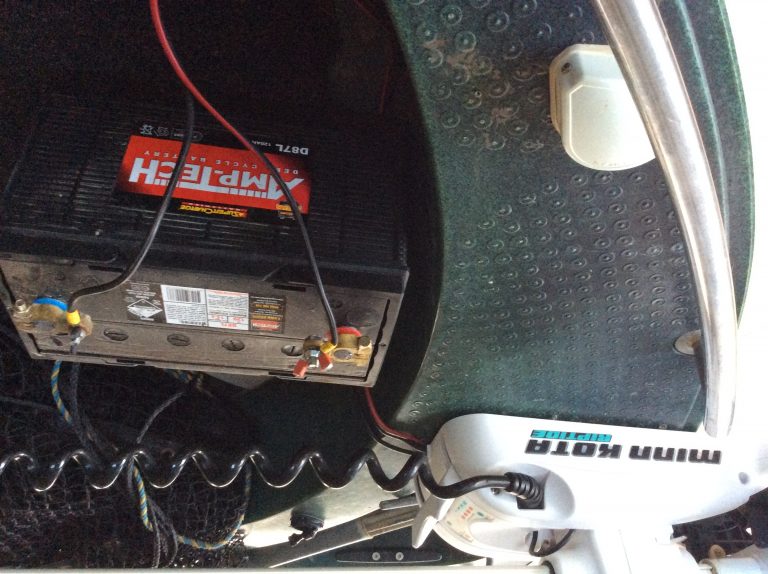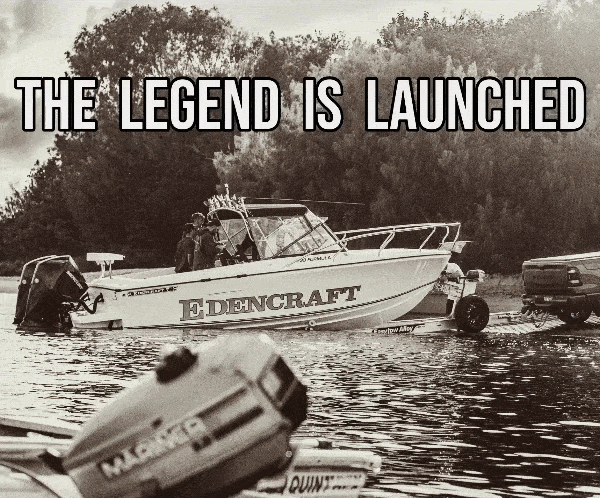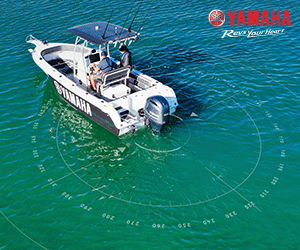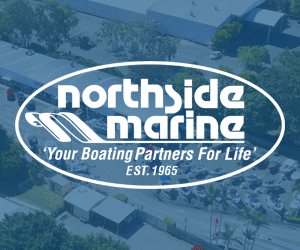Battery questions
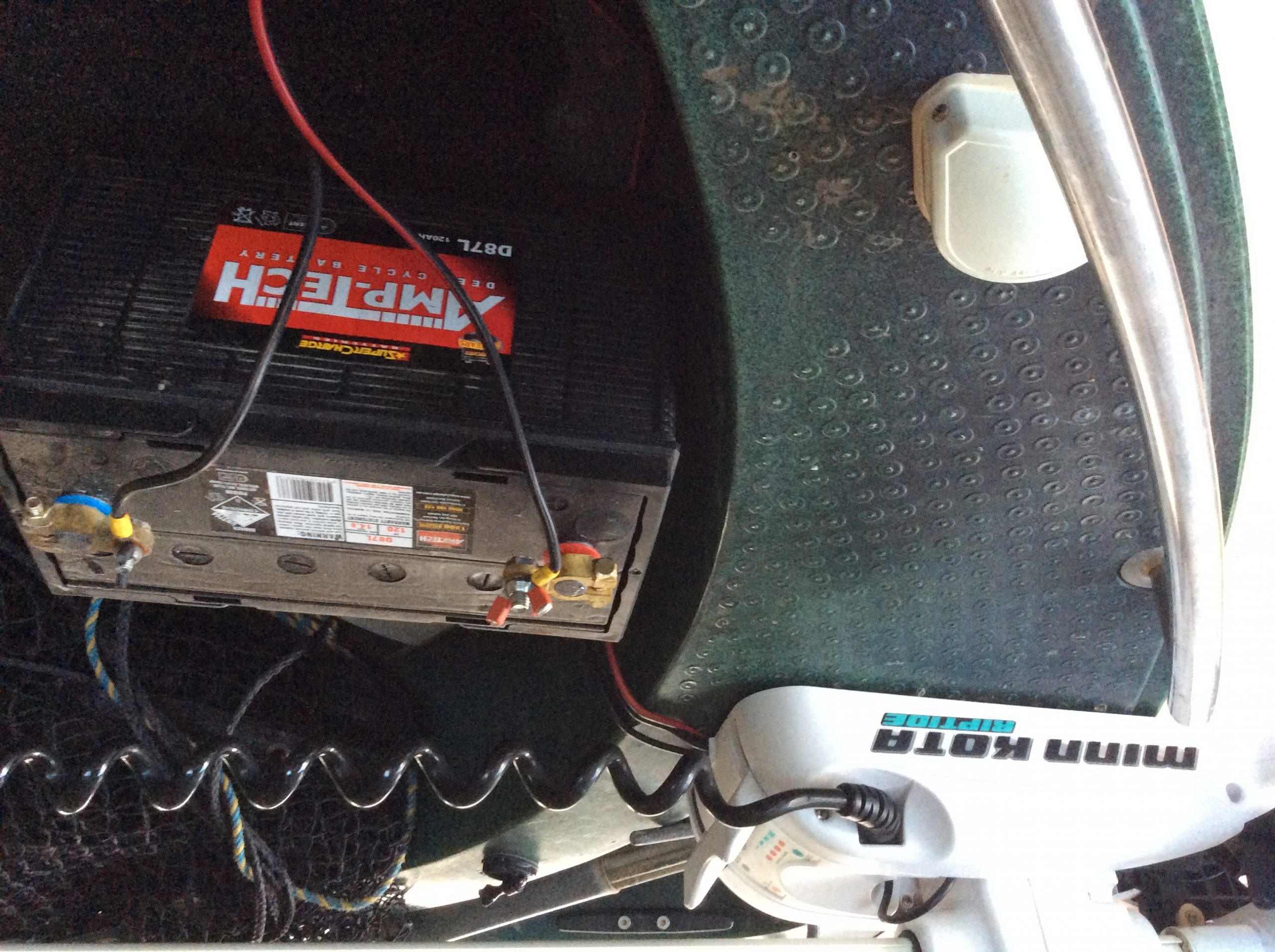
Battery Questions you always wanted to ask
By David Hodge
Apart from the actual rods, reels and lures, there’s a couple of things that are almost as important to have at your disposal to be able to lure fish effectively. When talking casting lures from a boat, the boat’s size, hull design etc, isn’t as important as having an electric motor to assist in the pursuit. The advantages of having an electric motor are many, and if you fish on your own, the new iPilot models are like having someone driving for you. However, just the same as a modern car motor, where the motor will only run at its peak with the best fuel, an electric will only run as well as the battery you hook up to it. Obviously, the battery itself is a considerable purchase, and you want to get the most from your hard earned dollar, so increasing the lifespan of your battery is important.
I am no battery expertj that’s for sure, so I have been in contact with a reputable company with a list of questions and recommendations that are relevant to anglers trying to make the right choice on battery purchasing. The question also involve lengthening the lifespan of your battery.
I got Luke from 24 Hour Battery Express, an authority on all things battery related, to fill in the gaps for anyone who doesn’t truly understand the intricacies of choosing the right battery for a particular use. Actually, their website alone is full of information for anyone due to replace, or just purchase a battery.
I sent through a list of the most commonly asked questions we get in at Akwa Marine when selling electric motors and batteries. Answering questions is best done by the experts, and when talking batteries that definitely ain’t me, that’s for sure.
Question 1.
The most common electric or trolling motor these days is a 55 pound thrust Minn Kota iPilot. What would be your recommendation on a battery type for this use, and what is the difference?
Answer
Wet lead acid batteries produce gas in a confined space and are foul in smell and can be hazardous, especially if there is a spark or naked flame. This is not goodfor internal or confined spaces (i.e. under closed decks). Absorbed Glass Matt Batteries (AGM) are best as they don’t release gas and are non spillable. AGM Batteries also have a higher cyclic ability and accept charge up to five times faster than wet lead acid batteries.
As a general rule, a 55 pound thrust motor needs 55 amps per hour (1 amp per pound of thrust). This does vary depending on boat size, weight, wind, current flow, and various other environmental factors. If you need to use this motor for two hours, you would need a 110a/h battery for a 55 pound thrust motor and you should always allow at least 30% buffer on top of what you need.
Question 2.
Can you charge your electric motor battery from the petrol motor, and will this shorten the lifespan of the battery?
Answer.
Our Amptech AGM batteries will recharge from any regulated charging system, but a good smart charger is recommended forchargingall batteries. Ask your local battery shop for a charger that can charge wet batteries, calcium batteries and AGM batteries.
AGM will always bemore expensive than lead acid at the end of the day, but they aremuch better for cycling as they have a better cyclic ability, increased vibration resistance, and are safer in a marine environment. Mrv, RV or dualpurpose (starting/cycling ) batteries can also be used in well ventilated areas, but they are designed for lower depth of discharge and recharging these batteries must be done with a calcium capable charger.
Question 3.
What is the best way to maintain your battery, and what is the best type of water to top up with? Does over filling a battery damage it?
Answer
When topping up the batteries, use distilled water, and it’s preferred in smallamounts. Levels should be 5-8mm above the plates. Do not use rain or tap water to re-fill your battery. If you over fill the battery, the battery will leak acid from thevents. If you are unsure of how to fill your battery, please ask your local battery specialist. Always check all connections are tight and secure and clean any corrosion off terminals or replace. Always take care when handling any battery and eye protection should be worn. All good battery manufacturers will have safety guidelines available on the battery or on their web sites.
Question 4.
Does overcharging a battery shorten the battery’s lifespan?
Answer.
Yes. Over charging any battery can cause premature failure and only quality chargers should be used. If you are using a float charger for storage, check with your battery supplier on what settings are required to maintain the battery at an optimal voltage level.
Under charging can also damage a battery. Batteries should be stored above 12.6v or a float charger should be used throughout the storage period. Use only approved chargers and float chargers for your battery type. Consult your battery specialist to make sure you have the correct charging system.
Many thanks to Luke and the guys at 24 Hour Battery Express for the time it took them to thoroughly answer these questions. Their knowledge and the time to reply has been greatly appreciated, and I hope that this has answered some of the questions you may have had about one of the most important tools we lure casters need over a day on the water. I have gone to these guys for a reason, and that is their product and customer service reputation.
Cheers Hodgie


